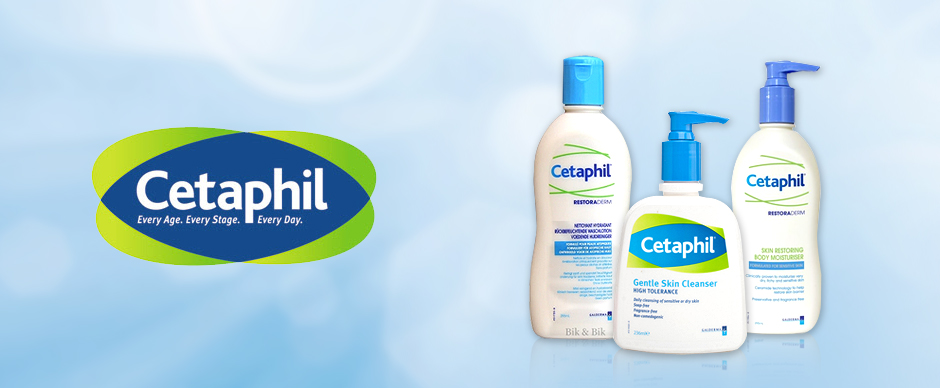
Coping With Eczema
Eczema is a word we tend to associate with a red itchy rash presenting on dry skin. Eczema is a chronic (long-term) disease that appears in different ways at different times. Understanding why eczema acts the way it does will help you or a loved one with eczema manage the disease and stay in control. People with eczema have itchy and dry skin. In fact, if there is no itch, you do not have eczema.
How to manage Eczema
The symptoms of eczema sometime come and go. There is no cure although sometimes children can outgrow it. Despite the chronic nature of eczema, it can be managed through the Three Pillars of the Eczema Continuum of Care. Following the Three Pillars will help you minimize the impact of eczema on your life and maximize your quality of life.
Three Pillars of the Eczema Continuum of Care:
1. Education
Both the eczema sufferer and their caregivers (parents) need to learn about the disease and its management.
2. Preventative Measures
Trigger avoidance.
Daily emollient.
3. Therapeutic measures
Include medicated creams or other drugs your doctor may prescribe.
Eczema Triggers: What are Triggers Anyway?
The skin forms a protective barrier that keeps harmful toxins out and essential body fluids in. Irritants are a class of triggers that are in your environment. They do not generally stimulate an immune response. Examples of irritants include detergents and surfactants such as soaps and shower gels. These types of irritants may irritate the epidermal barrier in two ways; by reducing skin thickness and by diminishing the skin’s barrier. Repeated use of surfactants makes the skin more dry and more prone to irritation by other factors.
Allergens:
Differ from irritants because they stimulate an immune response. Most patients with eczema also have allergies to food and inhaled allergens, which can trigger eczema on the skin. Food allergens include eggs, peanuts, soy and wheat; inhaled allergens include house dust mites. There are many other potential eczema triggers; these include animal dander, climate, molds and cigarette smoke.
In addition to physical triggers, flares may be initiated by emotional turbulence. Also, high heat and low humidity environments lead to evaporation of water from the skin, drying it out and exacerbating the condition.
Managing Irritants:
- Bathe using emollient oil.
- Avoid harsh fabrics/elastics in clothing.
- Avoid chlorine or solvents.
- Use mild laundry detergents; avoid bleach.
- Double-rinse clothing.
What to Expect:
Check Your Skin Every Day for First Signs and Symptoms.
Itchy and dry skin often happens before there are any visible signs of eczema on the skin. Other first signs include a tingling sensation, whitening, a tiny bump or a bit of redness. If scratching occurs at this stage, development of a flare is more likely.
According to Your Doctor’s Instructions:
Your doctor may prescribe one or more topical (i.e., applied to the skin) medications to treat the early signs and symptoms of eczema. Two commonly prescribed topical medications are:
- Topical calcineurin inhibitors (TCIs)
- Topical corticosteroids (TCSs)
It is important to use these products exactly as your doctor tells you, including how much and how long. Don’t be afraid to ask your doctor for clarification if you are not sure.

